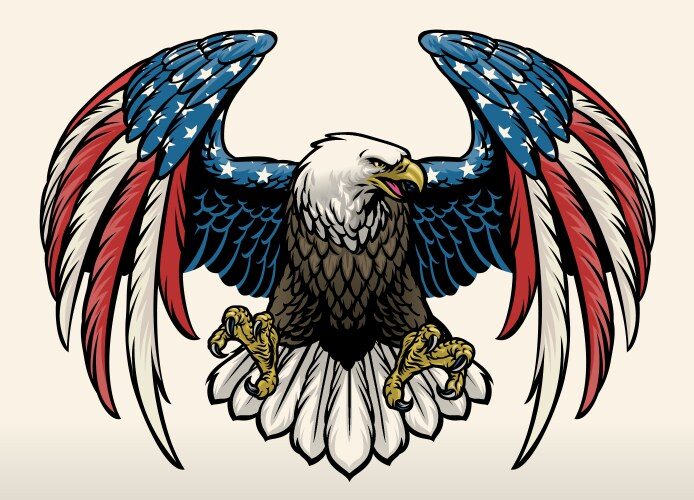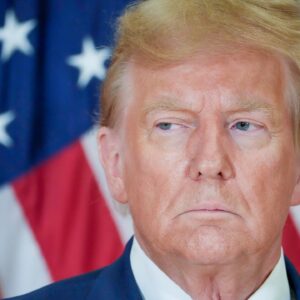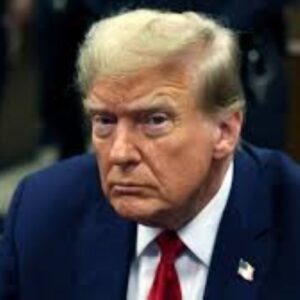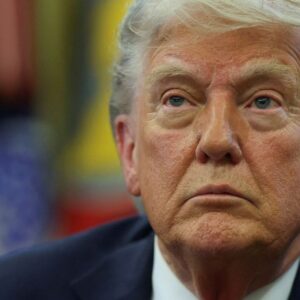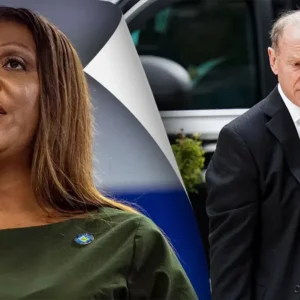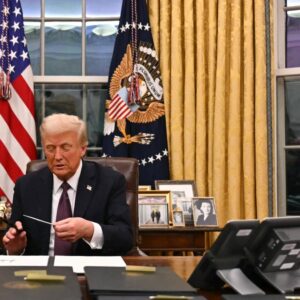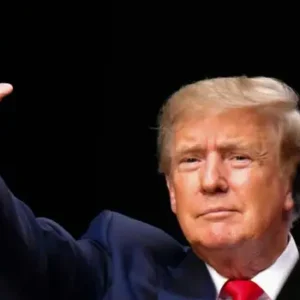Chinese
made cellphones and other devices would not be spared from tariffs, according to Donald Trump, who also notes that they are only shifting into a different “bucket” of taxes.
Following the official declaration on Friday that some of these products would be exempt from levies of up to 145%, European stock markets saw a recovery on Monday morning.
Donald Trump has been urged by China to “return to the right path of mutual respect” and “totally repeal” his tariff policy.
In contrast, US officials announced on Sunday that a “semiconductor duty” will be applied on items; Trump is anticipated to provide further information later.
According to US Commerce Secretary Howard Lutnick, the new tax would be added to a number of international tariffs that the US levied earlier this month before pausing for ninety days.
“We need semiconductors and our electronics to be made in America, and we need our pharmaceuticals,” he continued. Computers, cellphones, and other electronic gadgets will not be subject to the 125% duty on products coming into the US from China, according to a customs notification issued by the US on Saturday. Trump, however, responded on social media, claiming that certain products were not exempt and denouncing the stories on this notice as untrue.
“They are just going to a different Tariff ‘bucket'” instead, he stated.
“As part of the forthcoming National Security Tariff Investigations, we are looking at semiconductors and the entire electronics supply chain,” Trump continued.
He promised to give an update on semiconductor duties on Monday.
Semiconductors are tiny, potent technological components that are essential to contemporary computing and are used in everyday gadgets like computers and smartphones.
Beijing was “considering the impact” of the measure, according to the Chinese trade ministry, which referred to Trump’s exclusions as a “small step” by the US.
However, the indication of future tariffs by Trump administration officials might stifle expectations of a change in the protectionist stance of the two competitors.
On Sunday, US Trade Representative Jamieson Greer was questioned about Trump’s intentions to meet with Chinese counterpart Xi Jinping.
He stated, “At this time, we do not have any intentions on that,” when appearing on CBS’s Face the Nation. Beginning in early April, Trump levied a 54% tax on Chinese goods imports, which he later raised to the current 145% rate. China’s own tit-for-tat tariffs, which went into force on Saturday, started at 34% and increased to 84% and eventually 125% on US imports.
China’s commerce ministry declared last week that it will “fight to the end” if the US “insists on starting a tariff war or trade war” in response to the announcement of its most recent levies.
While traveling to Miami, Florida, late on Saturday, Trump stated that he will provide further information on the exemptions at the beginning of the following week.
The White House has maintained that it is negotiating better trade arrangements from other nations by imposing tariffs.
